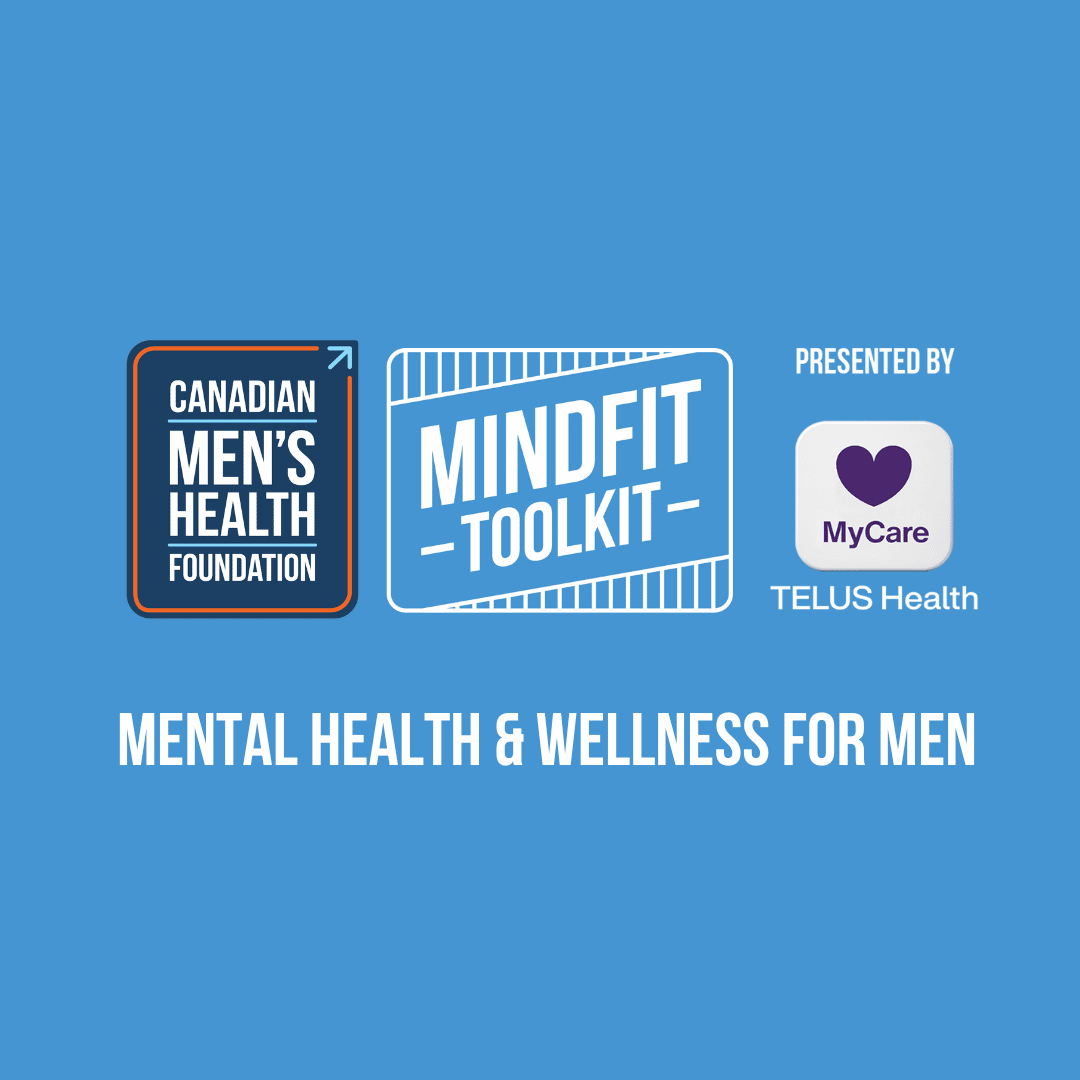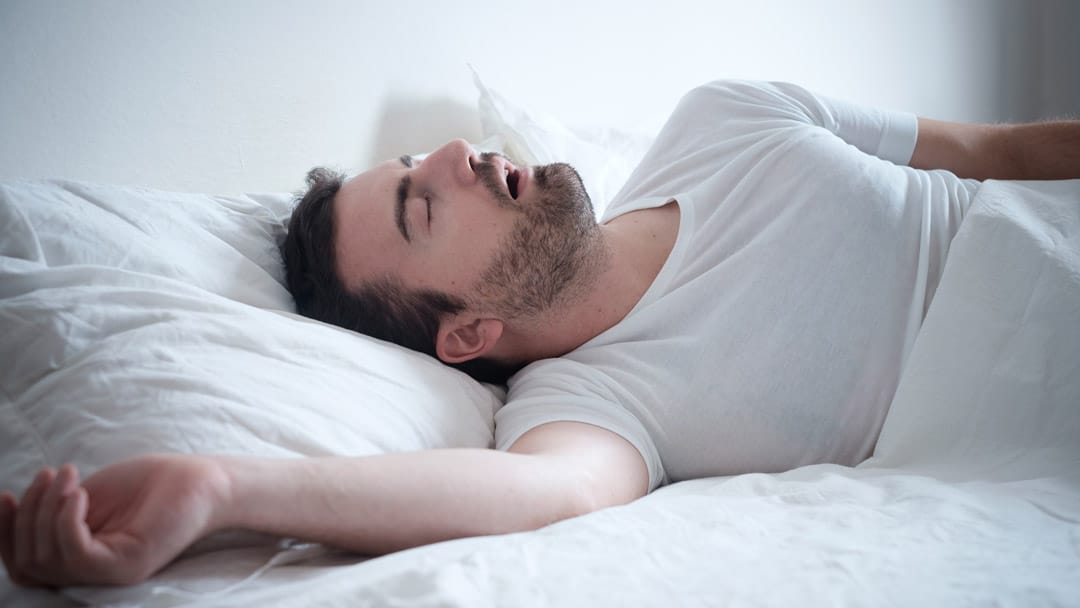Whatever our reason is—needing to catch the end of the game, “one more beer” with the guys, or just plain restless nights—there are lots of reasons why we don’t get to sleep at a consistent time. But what if there was an optimal, healthy time to get to bed?
According to a recent study, the best time to sleep is between 10 pm and 11 pm That time slot will help keep your heart healthy, with less chance of developing heart disease and heart attacks, strokes or narrowed arteries.
While science might say that time is best for your heart, night owls might need some convincing. Here are five more reasons why a regular sleep time is better for you in the long run:
Consistent sleep helps reset your sleep-wake body clock
The sleep-wake cycle, called the circadian rhythm, is what helps us fall asleep and stay asleep until we’re ready to wake up. It’s one of our natural body clocks, focused on connecting our mental and physical systems to tell us when certain things are meant to happen throughout the day.
When it’s in a steady rhythm, drowsy moments will hit when they need to (i.e., when it’s time to hit the sack), and your top-energy moments will peak at optimal times during the day, too.
Having a set sleep schedule is a great way to reset that body clock. So, yes, even on bar night with the guys, getting back to bed for that 10 pm-11 pm window is important to reset the circadian rhythm. You’ll get used to getting up at the same time every day—yes, even on weekends.
Short-term pain for long-term gain, guys!
Good sleep makes for great mornings
Men need about 7 to 9 hours of sleep to be on top form. This means that 10 pm-11 pm bedtime puts you right in the sweet spot to feel well-rested for the 6 am to 7 am wake-up call.
Instead of waking up feeling sleep deprived—which can lower testosterone, play into the man flu, contribute to weight gain, and generally make the start of the day an uphill battle—you’ll feel well-rested and ready for your morning routine.
Once you’ve got the sleep cycle in check, mornings won’t be daunting. You may even find yourself hitting the snooze button less or beating the buzzer before it even goes off—also a positive.
Even better? Getting enough shut-eye will make work, play and even sex better.
Earlier wake-ups mean more you-time
With that extra time in the morning and feeling way more ready to start the day, you might even be able to get a few more things done than usual before you head to work.
Have you been thinking about starting a workout routine? You’ve just gained a free block of time to fit in a walk, run, or gym moment. Wanting to eat a healthier morning breakfast? Now you’ve got more than some quick, coffee-brewing minutes to get some better body fuel in you.
Regular body clock rhythms equal consistent snoozing
At the end of the day, you’ll also find it easier to fall asleep at night. Your body will figure out naturally—thanks to that newly reset sleep-wake body clock—that it’s time for bed. Falling asleep will be less stressful with more snoozing. You could also sleep more soundly throughout the night, with fewer wake-ups (say goodbye to 3 AM stress waking).
And, yes, there are some other potential health benefits
While the study mentioned earlier notes that sleeping between 10 pm-11 pm is good for your heart health, other evidence suggests that a consistent circadian rhythm has some significant pros, including regulating blood sugar and cholesterol and supporting mental health.
Testing it out, or living by, the 10 pm-11 pm set sleep time? Let us know in the comments what benefits you experience from it!
Not Feeling Like Yourself?
Tackle chronic stress, anxiety and depression with MindFit Toolkit. Access free mental health tools designed for men.



I go to bed every night at 10 pm & wake up at 6 am.
Other things I do to have a good night’s sleep:
* drink warm milk before bedtime
* choose lighthearted things to watch on the screen 1 hr. before bedtime
Love the additional tips, thank you! Our guess is that this routine makes you feel ready to tackle each day.
~Canadian Men’s Health Foundation team member